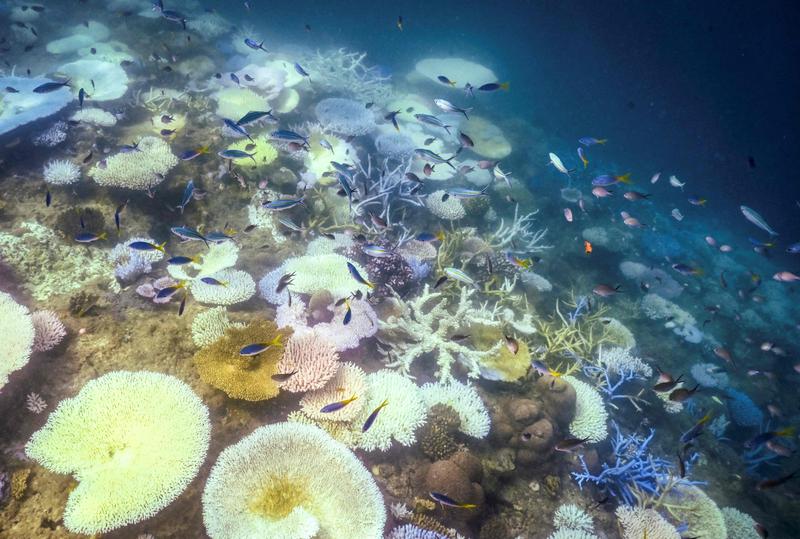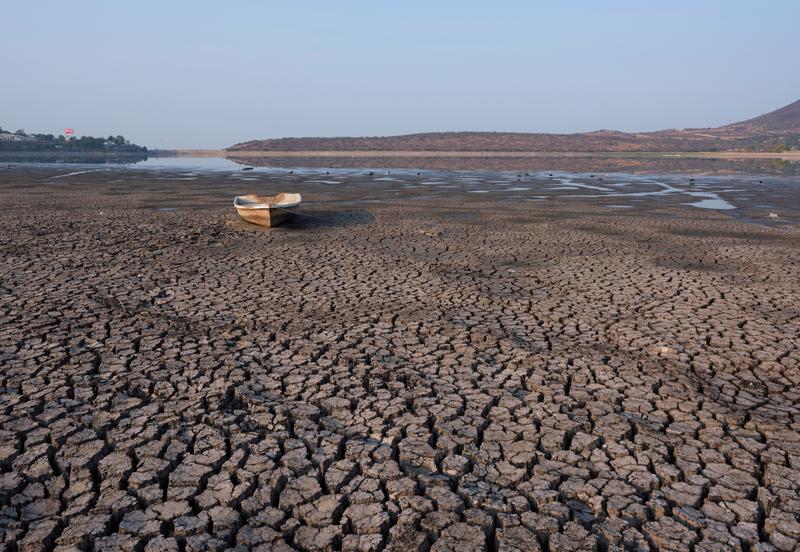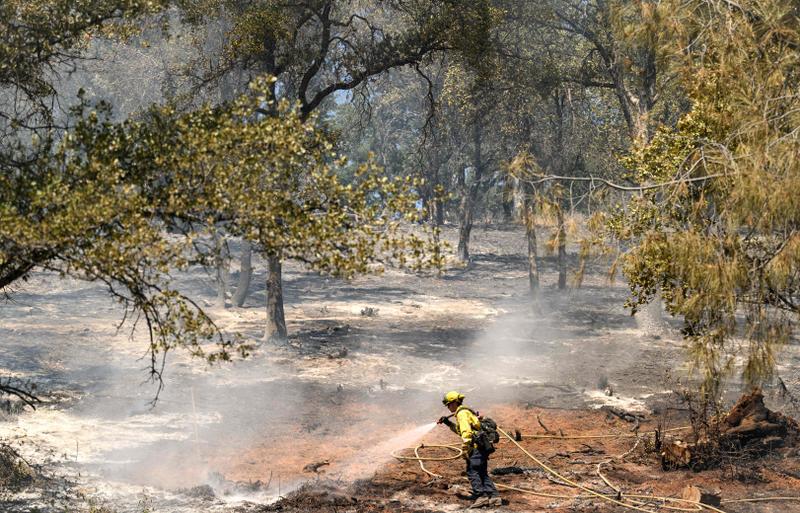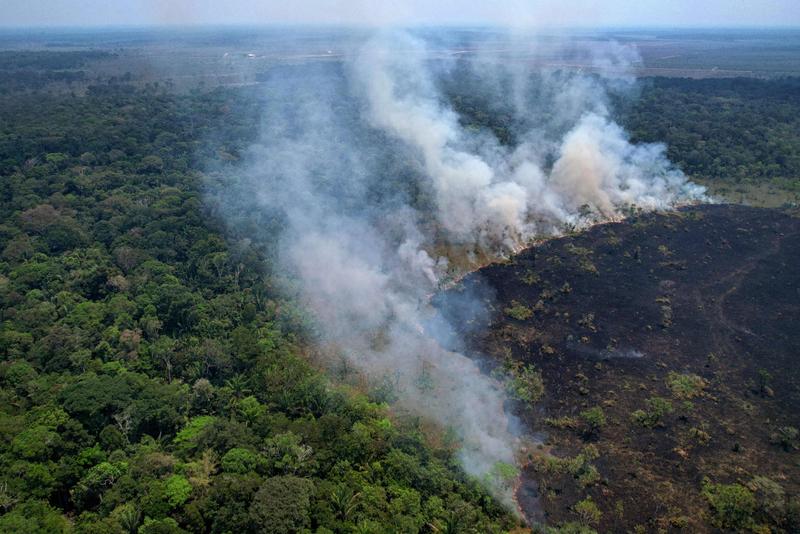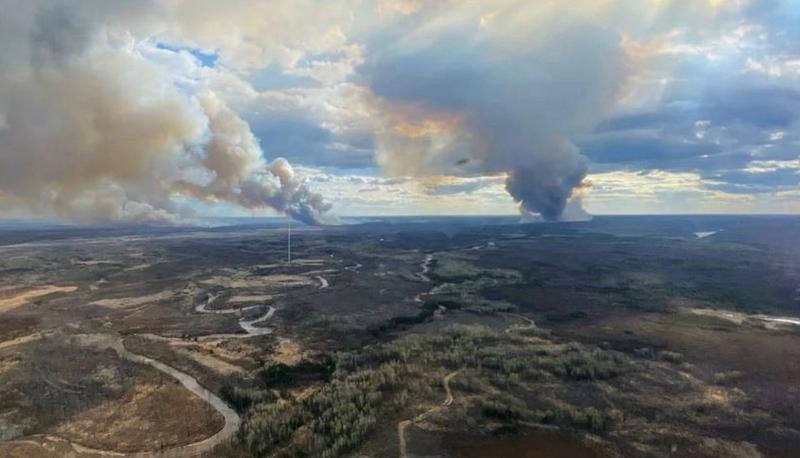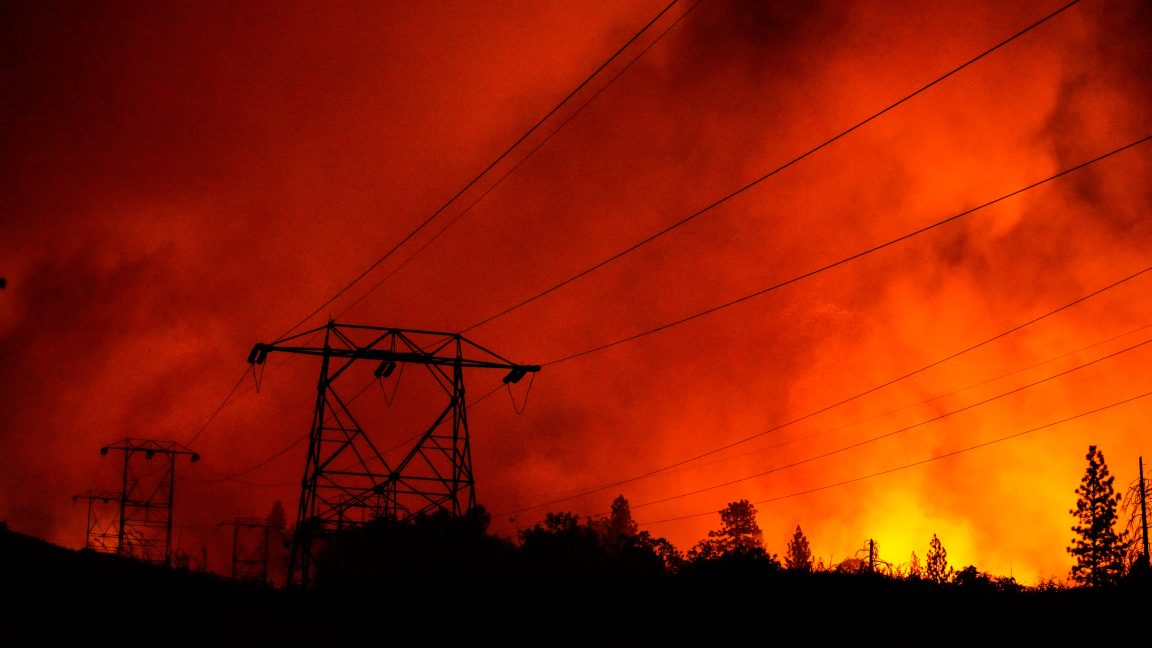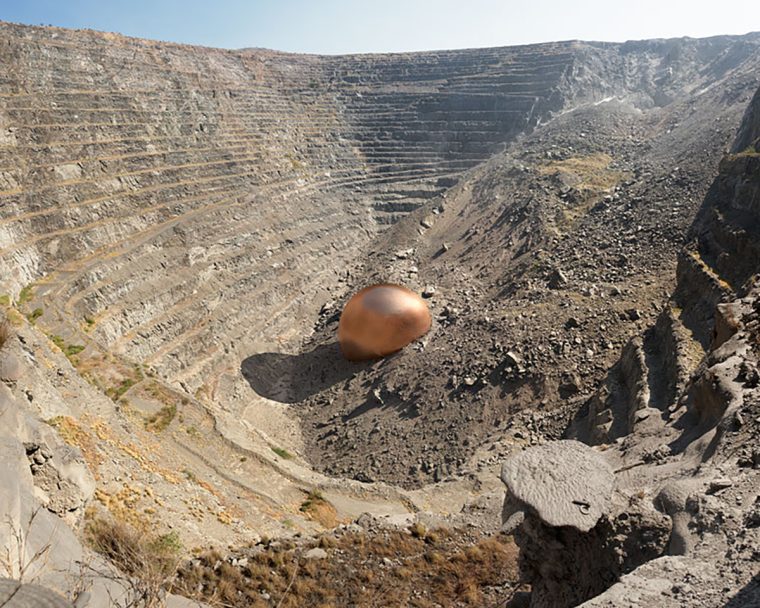In Russia, giant forest fires ravage more than a million hectares of woodland
"Today, there are more than 500 forest fires in the country", said the country's Minister of Emergencies affected by the consequences of climate change. More than a million hectares of forest are on fire in Russia, and larger areas than in previous summers, announced the authorities on Wednesday July 10 of this country, which is particularly exposed to the consequences of climate change.
Giant forest fires ravage large swathes of Russia's forests every year often in remote and sparsely populated regions, but sometimes threatening inhabited areas.
Since the beginning of the year, "we have recorded almost 6,000 natural fire outbreaks on a surface area of over 3.5 million hectares", said Emergencies Minister Alexander Kurenkov. While the number of fires is down on last year, "the surface area of burnt land has increased by a factor of 1.5", he continued , adding that over 6,000 people have been mobilized to fight the fires.
Source :
Le Monde, July 2024
Brazil: the Amazon rainforest, plagued by fires, experiences its worst first half-year in twenty years
Since these data began to be compiled by the Brazilian Institute for Space Institute for Space Research (INPE) in 1998, only two years have seen more Amazon fires identified in the first half of the year : 2003 (17,143) and 2004 (17,340). The total observed from January 1ᵉʳ to June 30, 2024 is significantly higher than for the same period in 2023 (8,344), according to satellite data available on Monday 1ᵉʳ July.
According to Romulo Batista, spokesman for the Brazilian branch of Greenpeace, "climate change is contributing" to the increase in forest fires, caused in particular by an exceptional drought that hit the Amazon in 2023.
In the Pantanal, a region that has been in the news for the past few days, with clouds of smoke and red skies due to the fires. 3,538 fires have been recorded since the beginning of the year an increase of 2018% compared to the first half of 2023. This also represents an increase of almost 40% compared to 2020, when all levels had been beaten and 30% of the biome was affected by fire during the year.
Source :
Le Monde, July 2024
The speed of global warming is faster than ever before
The climate is changing faster than ever. Global warming is now increasing at a rate of 0.26°C per decade, a record in the global records, according to a new scientific study published in Earth System Science Data, Wednesday June 5, by an international group of 59 leading scientists from 44 institutions. Results that are tragically illustrated on a daily basis in many countries, from extreme heatwaves in India, Pakistan and Mexico, the heat dome in California or the deadly floods in southern Brazil.
There is "no doubt" that that the world is now warming faster than the rate of + 0.18°C per decade between 1970 and 2010. The warming also accelerated between the decade 2010-2019 decade analyzed in the latest IPCC report and that of the Earth System Science Data (2014-2023).
"Although this acceleration is broadly in line with climate models, it is nonetheless a worrying sign that climate impacts will worsen more rapidly", warns the scientist.
Source :
Le Monde, June 2024
Edit :
Forest fires: evacuations ordered in western Canada
A heat wave coupled with persistent drought is causing a large number of a large number of "out-of-control" fires in Canada's western provinces. Particularly near Fort McMurray, capital of oil sands development.
Alberta is not the only province hit by forest fires, and evacuation orders have been where evacuation orders have been issued. On Tuesday, the community of community of Kahntah, in northeastern British Columbia, was ordered to leave. Provincial authorities, who fear more forest fires in the coming days as a result of the heat wave heat wave that has hit this western territory, combined with persistent drought, have requested reinforcements. Nearly 200 additional are required.
Source :
Le Monde, July 2024


 . I would've killed to have an uncle who shopped at Verso growing up.
. I would've killed to have an uncle who shopped at Verso growing up.